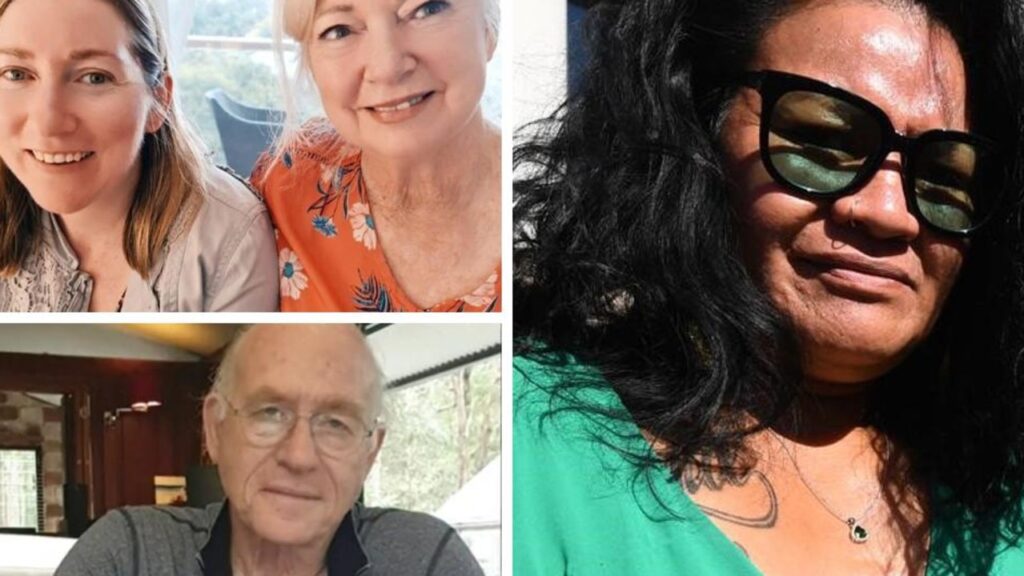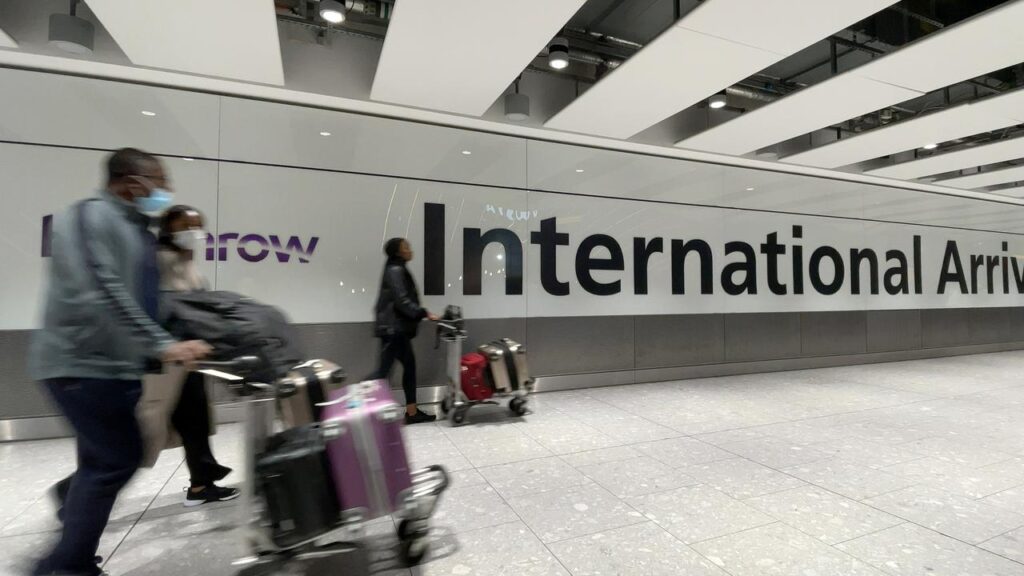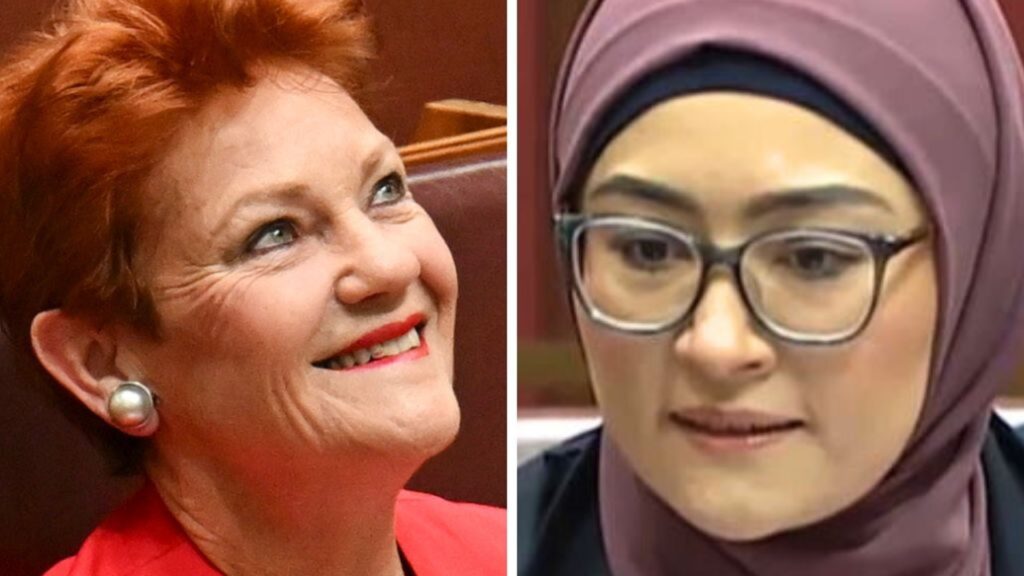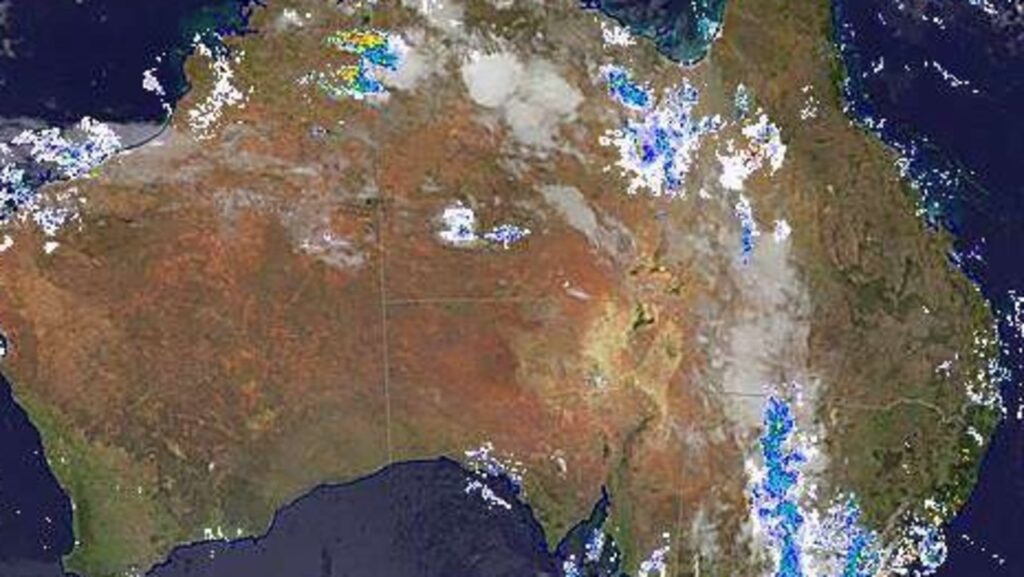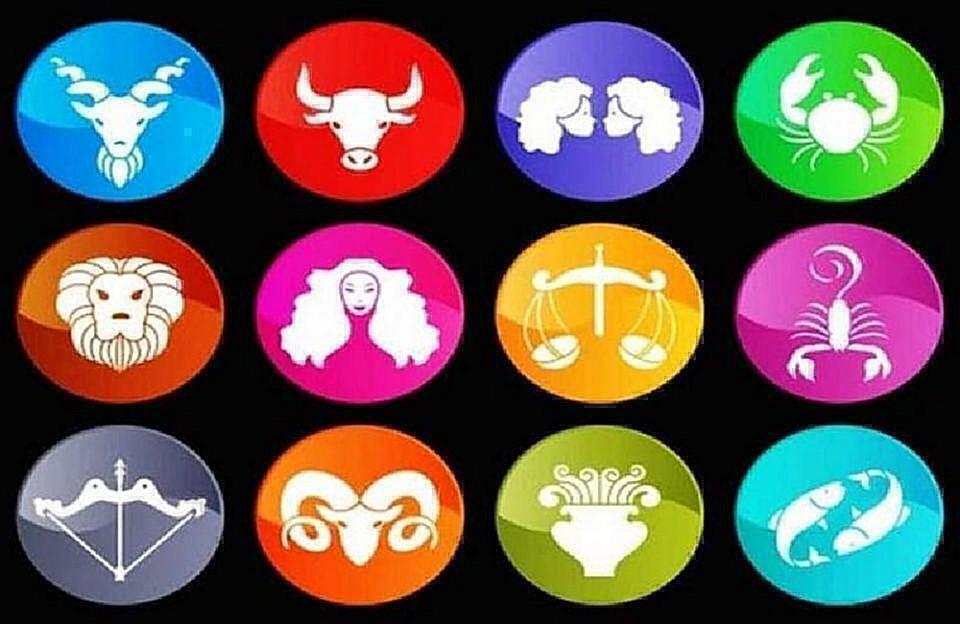‘Woefully low’ income payments leave behind 1 in 5 Aussies on the margins
Written by admin on November 27, 2024
Thousands of vulnerable Australians are having to go without essential items including trips to the dentist and car insurance as the cost of living crisis bites, according to a new report.
Multiple material deprivation, which means the lack of two or more essential items due to inaffordability, is now impacting one in 12 people.
The research, released by the Poverty and Inequality Partnership (PIP), a joint venture between the Australian Council of Social Service (ACOSS) and the University of New South Wales, shows that number jumps to one in five for households wjere at least one person is on a JobSeeker payment.
It found that people on income support particularly struggle to pay for essentials which can impact them longterm, such as having $500 in emergency savings and home contents insurance or comprehensive car insurance.
They can also struggle to buy items for children including new school clothes or a hobby or leisure activity, as well as dental treatment and basic get-togethers with family or friends. g
For those on JobSeeker, findings show that they are 14 times more likely to lack a substantial meal at least once a day; almost nine times more likely to not have a mobile phone or a motor vehicle; and eight times more likely to lack access to the internet at home or a washing machine.
ACOSS Chief Executive Officier Dr Cassandra Goldie says that the stark disparity of experiencing multiple material deprivation between the general population and people receiving income support means that government payments are “so woefully low that people can’t afford the basic essentials of life.”
It’s a sign that Australia’s income support system is failing, says the report’s lead author Dr Yuvisthi Naidoo, a senior research fellow at the University of New South Wales.
According to the Australia Institute of Health and Wellness, around five million Australians, or 24 per cent of the population, are on some form of income support. Dr Naidoo says that the foundations of this system are built on flawed assumptions.
“Income support payment levels are set assuming that everyone has access to universal healthcare and adequate social services,” she added.
The high rates of people lacking dental and medical care, according to Dr Naidoo, proves otherwise.
Besides JobSeeker, seven other groups of people were found to be high risk.
More Coverage
This includes people on the Parenting Payment, Disability Support Pension, Youth Allowance, sole parent families, First Nations people, and those renting social housing or privately.
“This report confirms what our frontline workers see daily: despite Australia’s wealth, too many people on the lowest incomes who rely on income support, or rent social housing, are struggling to afford life’s essentials and are living in deprivation,” Mission Australia Chief Executive Officer, Sharon Callister says.
The minimum JobSeeker payment is currently at $56 per day. Ms Callister and ACOSS are calling for both JobSeeker and other income support payments to be lifted to match the pension rate at $82 a day.

